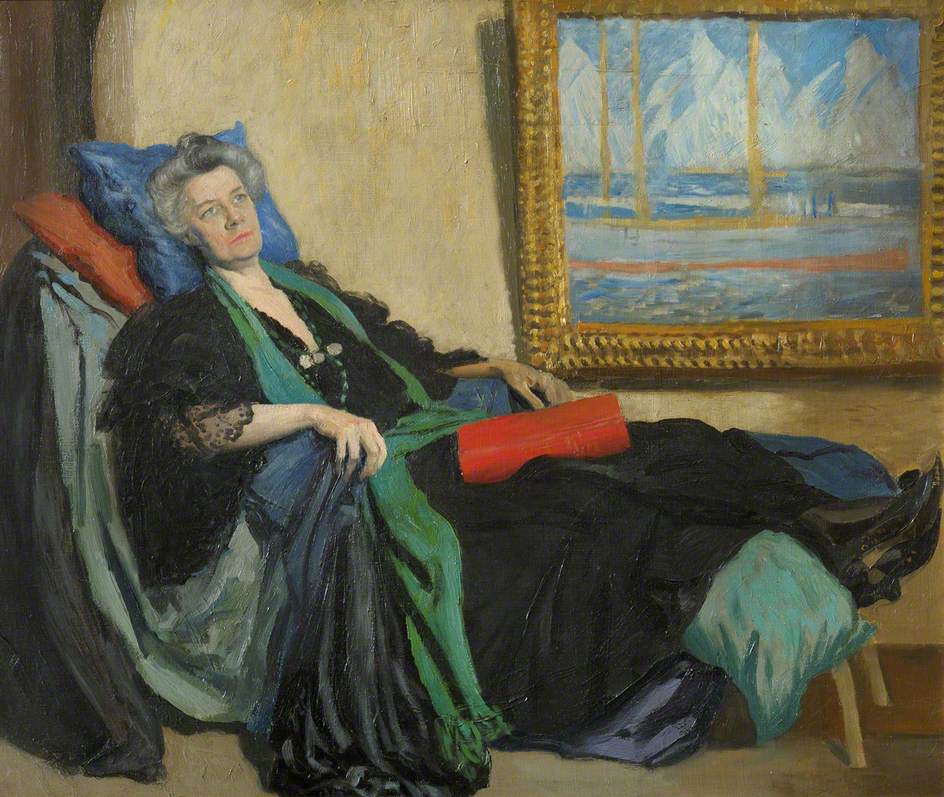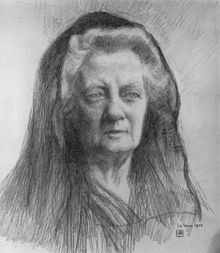Queer Women History Forgot: Jane Ellen Harrison

An early queer feminist who changed the way we view Greek art and mythology.
For Women’s History Month, GO is celebrating LGBTQ women we wish we could have learned about in high school history class.
One of the first women known to be a “career academic,” Jane Ellen Harrison is credited as one of the originators of modern Ancient Greek religious and mythological studies. A suffragist and a feminist who had relationships with women, Harrison could speak 16 different languages (including German, Greek and Latin) and became a popular lecturer on Greek mythology in the late 1800s, publishing her first book “The Odyssey in Art and Literature” in 1882. She followed that with a piece in “Women’s World,” entitled “The Pictures of Sappho.” Her translation of “Mythologie figurée de la Grèce” and commentary in “Pausanias, Mythology & Monuments of Ancient Athens” won her honorary degrees from Durham University and the University of Aberdeen.

It was while she worked at Newnham, a progressive women’s only college at Cambridge where she also attended and first studied the classics, that she met Eugenie Sellers, a writer and poet whom was originally her student but reportedly became her lover around 1880. Around the same time, she studied Greek art and archaeology under Sir Charles Newton at the British Museum and with Wilhelm Klein, a scholar from Prague. Her lectures became famous, spectacles that included “ingenious sound effects and gas-powered lantern slides,” according to the Guardian. Thousands turned out to hear what “Bloody Jane” had to say about the violent, tragic history of ancient Greece and its art, archeology and religion.
Harrison eventually became involved with a group who referred to themselves as Ritualists, and she then met Hope Mirrlees, a British translator, poet and novelist. They lived together in both Paris and then London, eventually meeting members of the Bloomsbury Group, such as Virginia Woolf, who published Harrison’s memoirs through their Hogarth Press. (Woolf references seeing Harrison’s ghost in her gardens in “A Room of One’s Home.”) Harrison retired from work, fully, in 1922 and passed away at the age of 77.

Harrison retired from work, fully, in 1922 and passed away at the age of 77. Several significant theorists have acknowledged her influence on their work, including Friedrich Nietzsche, Emile Durkheim and Camille Paglia.












